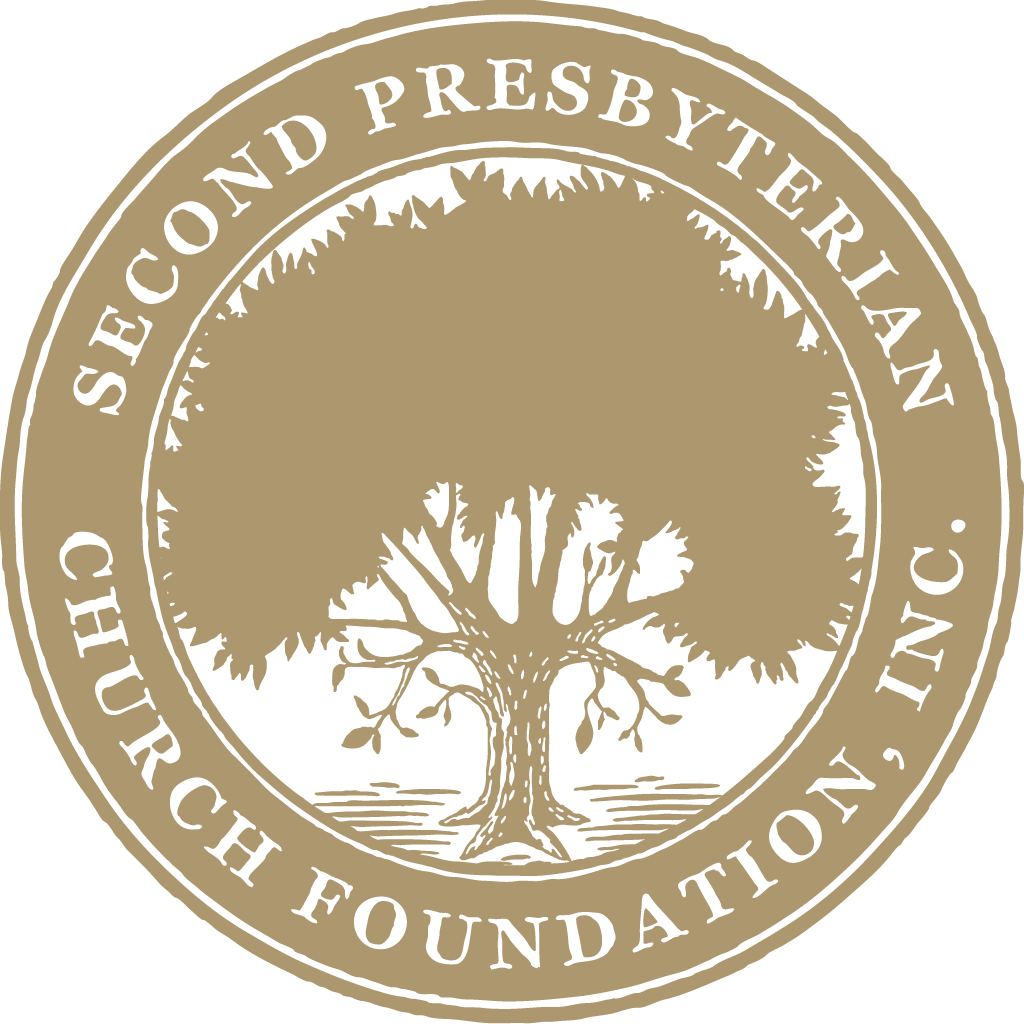Why would an early 20-something move to a city mostly unknown to him or her; live with complete strangers; be placed in their first job upon graduating from college with the guidance of people they only recently met; commit to hours of more study and volunteerism; dwell in community with a complete group of peer strangers; and pay an additional year of tuition to do all of this?
The answer: To start well.
Each academic year about 10 recent college graduates arrive in Memphis to participate in the Fellows program at Second for the next 8 ½ months. The Memphis Fellows is part of a network of almost 30 Fellows programs across the country that are members of The Fellows Initiative, a national organization committed to the flourishing of Fellows programs. This growing movement is a proven model for forming millennials and now Gen Zs in Christ.
As part of a state-wide two day legislative trip to Nashville, the four Tennessee Fellows programs convene annually to attend legislative sessions; tour the Governor’s residence; meet with state legislators and other public officials; learn about civic involvement; and fellowship with other Fellows. The Memphis Fellows also met with recently inaugurated Governor Bill Lee and his wife, Maria, as well as Attorney General Herbert Slatery.
The Memphis program is now in its 14th year, having a total of 123 participants. The weekly elements of the Memphis program consist of a 32-hour internship in a chosen industry; instruction in both Christian world-view and Bible study; testimonies from speakers from various vocational disciplines on the integration of faith and work; round-table dinner discussions on relevant topics or for fellowship; and volunteerism with ministries in the community.
Other elements throughout the year include vocational discernment and preparation; counseling assessment; financial planning; domestic and world missions exposure; evangelism; a silent retreat; and a mentoring relationship. Addressing the cultural issues of the day through the Christian lens is a key component.
The results of the program are impressive both at the national and local levels. The spiritual formation of over 2000 millennials nationwide and the encouragement and training of them to be engaged in the local church is the overarching accomplishment. In Memphis, an overwhelming number of graduates have chosen to remain in Memphis at least for a few years, investing in this city. Concurrently the new member rolls of Second have included many Fellows graduates.
Deborah Coleman is the current Fellows Director. She is responsible for overseeing, through the work of committees, the functions of recruitment; placement in homes, jobs and with mentors; instruction and programming; volunteerism; and alumni involvement; as well as being present in the lives of the Fellows during the program year and sometimes beyond.
As with most educational programs, tuition does not cover the entire cost to administer the program. Second provides valuable but limited support to the program. In 2012, the Foundation was asked to help manage the growth of the modest resources that the Fellows held. Subsequently, donations were directed to the newly established Fellows Fund and the Board later directed a portion of a bequest to it from an individual who had valued the purpose of the program.
The fund exists for scholarships for participants unable to pay or raise the total tuition and for programmatic support. The Memphis program annually hosts the Micah 6:8 regional conference for half of the national programs. Funding for the conference speakers has been a part of the grants made as well as for the silent retreats and registration fees for the female Fellows to attend the church’s annual Women’s Retreat and the male Fellows to attend a similar retreat.
The goals and results of the Fellows program are far reaching at many individual and corporate levels; enhance the local church; impact many of its ministries; and impact the community in which we live. The Foundation is pleased to have the opportunity to support this intensive method of developing future generations of leaders for the church.

